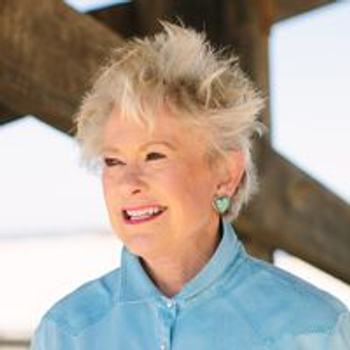
The stigma around palliative care is that it is only associated with end of life, and in some minds, giving up. But that isn't the case, as palliative care is a vital part of any critical care.

The stigma around palliative care is that it is only associated with end of life, and in some minds, giving up. But that isn't the case, as palliative care is a vital part of any critical care.

Among the various specialties of nursing, a sort of hierarchy has formed that may be putting competency with machines over nurse and patient interactions.

The grieving process doesn't stop when you think you're ready to go back to work, and it can be made worse when your coworkers are unsure how to console you. Which is why workplace assistance is essential for grieving employees.
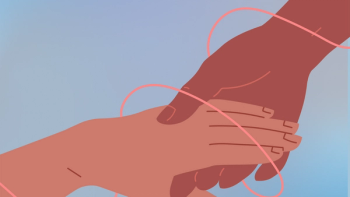
Providing compassion to your patients won’t just help their day-to-day care, it can also change their treatment journey for the better.

A recent ranking of "the best" hospitals in the country did not take a key aspect of cancer care into proper consideration, the oncology nurse.

To fight the issues of burnout within oncology nursing, nurses must allow others to step into their world and understand the issues they face.

Oncology nurses must expect some degree of distress from their patients. Here’s how they can make a difference.

Technology continues to change the field of cancer care. Here are some other thoughts on what else might shift in coming years.

The United States is home to people of many different backgrounds, making it important for oncology nurses to be culturally competent.

People often ask nurses where the best hospital or doctor for cancer treatment is. How much does the answer to that question matter?

Adolescent and young adult survivors may have increased risk factors for secondary cancers. It is crucial for oncology nurses to discuss these with their patients.

It is imperative for oncology nurses to know about all the drugs and supplements that their patients are taking.

Patient navigation is set to be a pillar within cancer care, but challenges remain.

While we should often dive deeper and ask the next question, we should also facilitate the patient and family to do the same with us.

There are multiple reasons why patients decide not to participate in clinical trials, and it is essential that healthcare providers understand them to overcome barriers.

Can resilience be learned, or is it innate?

Over two decades, I experienced cancer as both a daughter and a wife. Despite my oncology nursing expertise, I found myself overwhelmed with the responsibilities of caregiving.
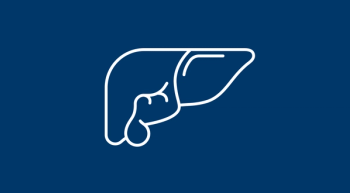
Some groups are more prone to the disease than others.
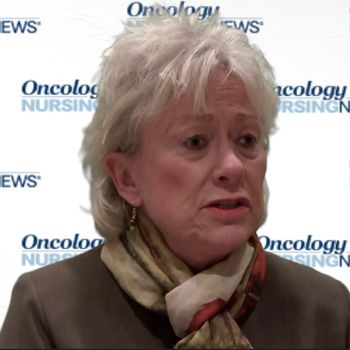

Nurses must demonstrate their value in today’s challenging healthcare system.

Lay family caregivers may feel alone and vulnerable when providing care to their loved one outside of the hospital and clinic setting, but apps can help.

The acknowledgment of opioid abuse as a national healthcare emergency has been in place since 2017, making it is a relatively new public health concern.

While complicated grief is not new, awareness of it is.

As more patients are living longer after their cancer diagnosis, cancer survivorship is becoming a top concern for healthcare providers.
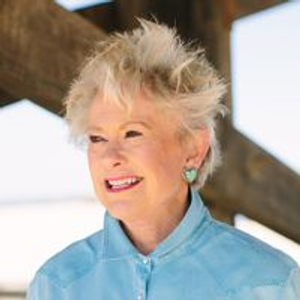
Published: February 6th 2019 | Updated:

Published: February 12th 2019 | Updated:

Published: February 14th 2019 | Updated:

Published: March 1st 2019 | Updated:
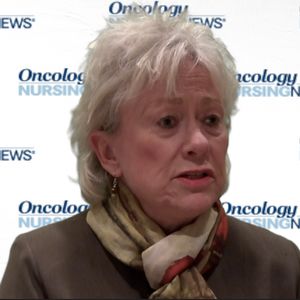
Published: March 12th 2019 | Updated:
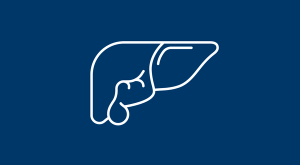
Published: March 15th 2019 | Updated: